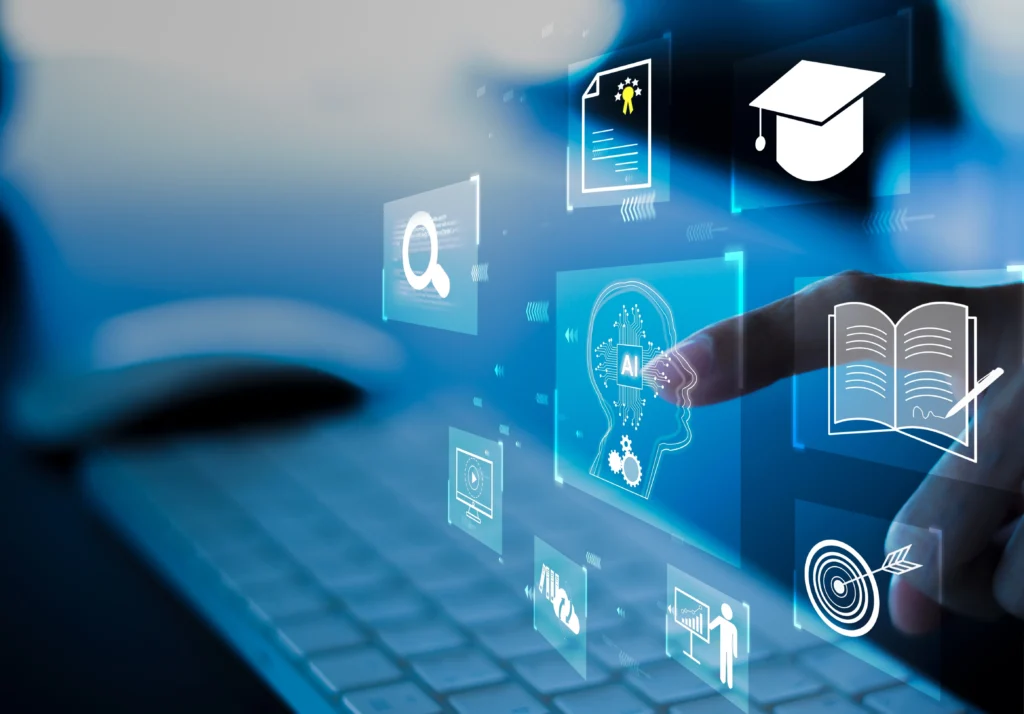
In an era marked by rapid technological advancement, the field of education is experiencing a transformative shift toward personalization. Artificial Intelligence (AI) stands at the forefront of this change, revolutionizing how educational content is delivered to meet the unique needs of each learner. This guide delves into the crucial role of AI in customizing education, ensuring that every student can learn at their own pace and style.
Understanding AI-Powered Personalized Learning
AI-powered personalized learning harnesses the power of machine learning algorithms and data analytics to tailor educational experiences to individual learning trajectories. This approach contrasts sharply with the traditional one-size-fits-all teaching methods, which often fail to accommodate the diverse learning abilities and preferences within a classroom.
How AI Facilitates Personalized Learning
- Adaptive Learning Paths: AI systems analyze a student’s performance in real-time and adjust the complexity and style of content accordingly. This adaptive learning path ensures that students remain neither under-challenged nor overwhelmed, optimizing their learning potential.
- Predictive Analytics: By analyzing historical data and current inputs, AI can predict where students are likely to face challenges and preemptively tailor the content to address these potential gaps. This anticipatory action helps smooth out learning curves and enhance comprehension.
- Interactive and Engaging Learning Experiences: AI can generate interactive simulations and gamified learning experiences that are engaging and educational. This dynamic content is particularly effective in maintaining student interest and motivation.
- Instant Feedback and Support: AI-driven platforms can provide immediate feedback to students, which is crucial for learning and improvement. AI systems can also identify when a student might need additional support, alerting teachers to intervene where necessary.
Benefits of AI in Personalized Learning
- Enhanced Engagement: Students are more engaged when learning experiences are tailored to their interests and learning pace.
- Improved Outcomes: Personalized learning paths designed by AI have shown to improve learning outcomes, as students are neither bored with too-easy material nor frustrated with overly challenging tasks.
- Efficient Learning: AI optimizes the learning process, reducing time waste on irrelevant or redundant material, allowing more time for in-depth exploration of subjects where needed.
- Scalability: AI-driven personalized learning is not limited by classroom size or teacher availability, making it scalable across multiple settings and potentially beneficial to millions of students globally.
Conclusion
AI-powered personalized learning is reshaping the educational landscape, offering customized learning experiences that address the individual needs of each student. As this technology continues to evolve, it promises to unlock unprecedented levels of personalization in education, making learning more effective, engaging, and inclusive. However, it requires careful implementation and oversight to ensure that it serves as a tool for equitable education enhancement rather than a source of disparity. As we look to the future, the potential of AI to support every student’s learning journey is both exciting and immense.
